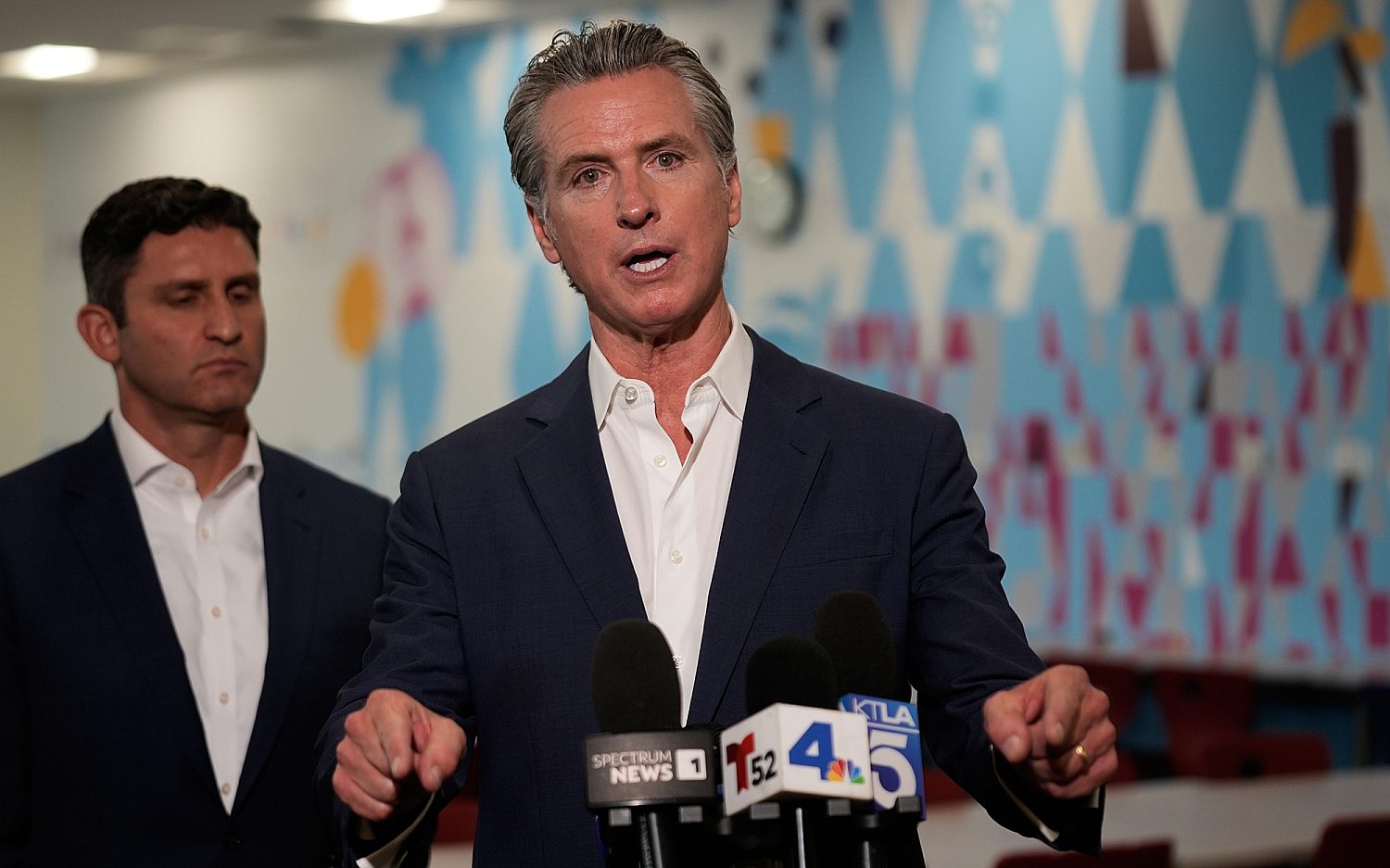Guilt and the G-20
Was London's summit another Bretton Woods, or was it merely a "pep rally" to help politicians feel better about themselves and the global economy?
In some ways the G-20 summit that just concluded in London was reminiscent of the Bretton Woods conference held in New Hampshire in 1944. Then the U.S. president did not give an iPod to the Queen of England as Barack Obama did (loaded with video and photo images of her 2007 trip to the United States plus footage from his 2009 inauguration). But the Bretton Woods conference brought together world leaders in wartime facing a decimated global economy who were ready to embrace Keynesian solutions. "I lay overwhelming emphasis on the increase of national purchasing power resulting from governmental expenditure, which is financed by loans," Keynes had written to The New York Times in 1933. Some results of the conference this week may be far different, but the philosophy beneath them is remarkably the same.
That tenor came through when British Prime Minister Gordon Brown stepped before the cameras Thursday at the conclusion of the economic summit to announce that the two dozen leaders in attendance had committed to $1.1 trillion in additional loans and guarantees to finance trade and bail out hard-hit countries.
"This is the day the world came together to fight against the global recession," Brown declared. "Our message today is clear and certain: We believe global problems require global solutions."
Despite the sweeping solutions coming out of London-including the trillion-plus infusion via international bureaucracies, new regulations on hedge funds, a crackdown on tax havens, new plans for dealing with toxic assets of the world's banks, and a renewed commitment to free trade-the G-20 summit was no Bretton Woods, which set up the structure of the world economy that nearly has remained for the last 60 years, according to experts. "What happened in London was more of a pep rally than anything else," concluded Daniel Ikenson of the Cato Institute. Ikenson, who is associate director of the Center for Trade Policy Studies at Cato, added, "I am skeptical of what big group meetings mean for the economy, even though they are good for politicians."
Part of that skepticism pertains to differences in crises then and now: "The world is being led to believe we are in a crisis that is incomparable to anything we've seen since the Great Depression, and that's simply not the case," said Ikenson. And though trade barriers can exacerbate a recession, Ikenson noted that trade is just one area where the global economy is much better off now than it was 60 to 70 years ago: "Unlike the 1930s, most companies now have constituencies that depend on imports and don't themselves want to disrupt global supply chains." Ikenson also pointed out that there's "nothing unusual about the amount of protectionism in our global economy . . . what's unusual is that we are hypersensitive about it because of the state of the global economy."
Given those factors, tightening the rules on private-sector finance while further loosening public spending may lead to more long-term pain than gain. At the behest of mostly European nations, the G-20 announced a dramatic increase in the size and scope of international financial bureaucracies like the International Monetary Fund (IMF)-tripling the resources of the IMF to $750 billion.
Ikenson said he is skeptical of the IMF as a good cop in bad financial times: "The IMF doesn't have a strong track record for success, and it doesn't have a strong record for tracking success. It's long been known to measure how much it spends without measuring results."
Experts say the overall expenditure announced in the G-20 statement amounts to a new stimulus package, and one President Obama pushed for. And to be sure, most G-20 countries are looking to the United States to come up with most of the $750 billion. After all, the U.S. GDP ($14.33 trillion) is larger than those of Japan, China, and Germany-the next three largest-combined.
"We have a guilt complex," said Ikenson. "The financial meltdown did begin here, and so America and Britain feel that they owe something to the countries that caught colds as a result of our sickness."
Ikenson also points out that global illness won't go away until the United States gets well: "Our focus should be here."
An actual newsletter worth subscribing to instead of just a collection of links. —Adam
Sign up to receive The Sift email newsletter each weekday morning for the latest headlines from WORLD’s breaking news team.





Please wait while we load the latest comments...
Comments
Please register, subscribe, or log in to comment on this article.